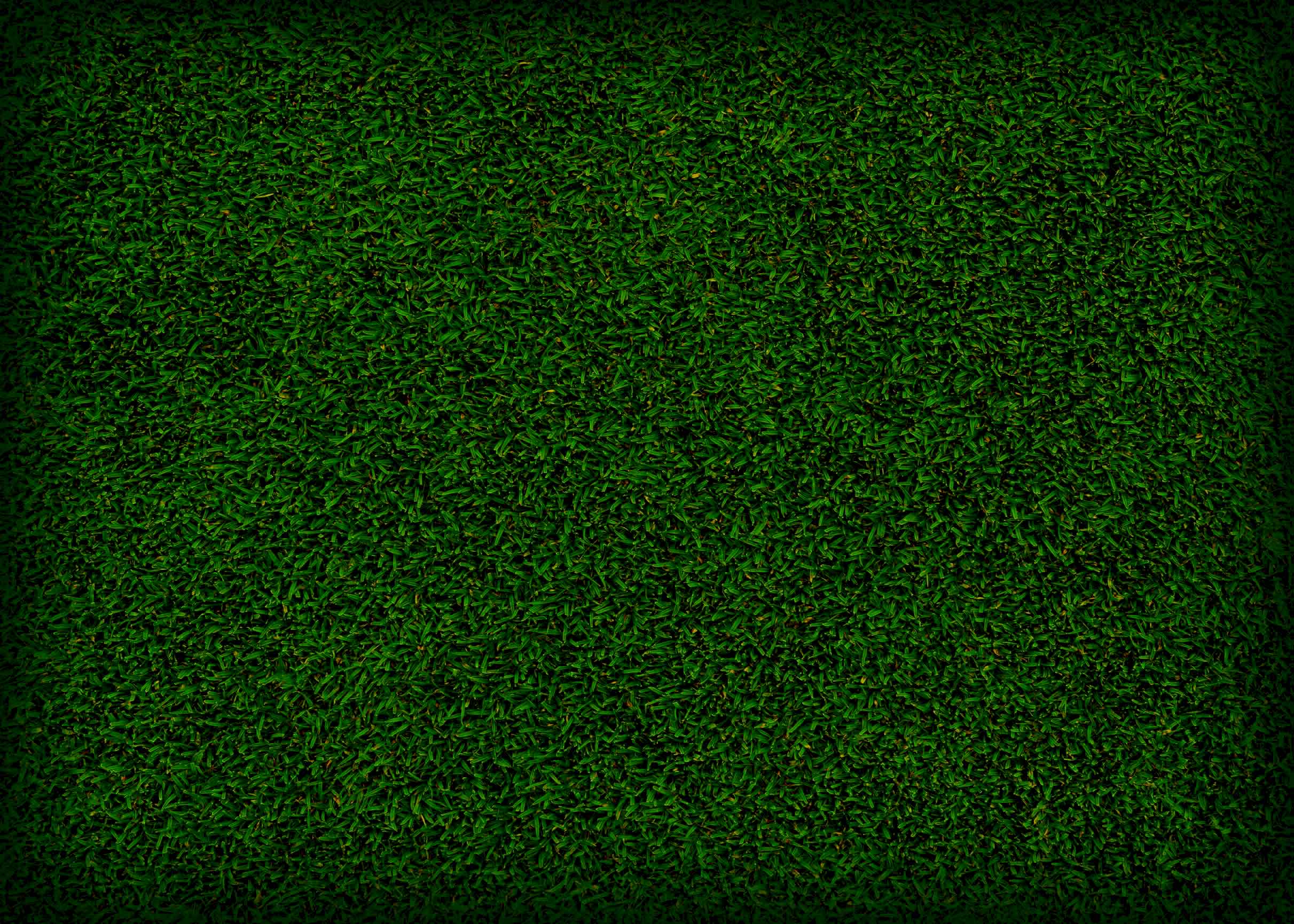Neck injuries are common in golfers. This is usually due to stiffness and poor posture in your neck and upper back – combined with a less than perfect golf swing technique.
- Is your neck feeling stiff?
- Are you finding it difficult to turn your head, especially when reversing your car?
- Do you find yourself rubbing your neck at work?
- Does your neck start to ache part way round the course?
- Do you get shocks of pain up and down your spine or arm that feel electrical?
These are just some of signs that your neck is not happy.
If your neck feels stiff or in the wrong position when you start your swing, the stresses and strains placed on your neck will only be increased.
Muscle Strain/Spasm ‘knot’
- “I have a knot in my neck.” What this usually means is that your muscles have a dysfunction and they are usually strained.
- This is when you will feel your neck tight and restricted and may even get sharp shooting pain on certain movements.
- Any swelling, tenderness or soreness? If the affected area is swollen, tender to the touch and feels “knotted,” you most likely have a torn or “strained” muscle in your neck.
- Muscle dysfunction of both the neck and upper back are relatively common.
- These injuries are usually caused by poor posture arrangement during your swing and/or by not warming up correctly.
- Most commonly, they are caused by poor posture, which results in abnormal movement patterns during golf.
- Symptoms will often include pain and stiffness from the base of your neck to the top of your shoulder blade and at times you may feel radiating pain between your shoulder blades.
Over time this may wear down the various structures of your neck eventually causing neck pain and dysfunction.
The joints
- Over time the joints in your neck (vertebra ) may begin to wear down.
- This is a type of degenerative “wear-and-tear” arthritis.
- It develops in the neck when the joints between two or more vertebrae in your neck become misaligned.
- This is often due to repetitive stress on the joints from poor posture and/or repetitive overuse.
- The result is a loss of motion in the neck.
- Spinal vertebrae above and below the level of injury may take on more load and movement and may develop abnormal postures, movement patterns and pain.
- This can cause localised neck pain or pain that radiates into the arm.
The actions of driving and putting can cause your neck to twist and turn in ways it may not be used to leading to a golf-related neck injury.
Spinal Disc
If you have heard the term “slipped disc” what that actually means is that the disc has herniated. (i.e. It is similar to a jam doughnut that has been squashed at one side and the jam is forced out the other side due to the pressure). This may cause you to have neck pain and more commonly, pain and symptoms that radiate into your arm.
Conditions that can weaken the discs in the neck include:
- Poor Posture – Rounded shoulders, head too far forward and a hunched back are all signs of poor posture. Especially for those of you who have a desk job.
- Incorrect lifting – If your neck is in poor condition, lifting your clubs in and out of the car in addition to every day activities can cause excess pressures.
- Repetitive strenuous activities – Swinging your clubs around your body at 90mph when your body is not conditioned for it.
- Age– As we get older, our discs become less pliable. They slowly begin to shrink and the spaces between the vertebrae (bones of our neck) begin to narrow, therefore their shock absorber qualities diminish.
A disc itself will not cause you the pain and symptoms; it is the injury and inflammation around the discs which cause inflammation and compression of nearby nerves. It is these nerves that become irritated and may cause radiating pain, tingling, numbness or loss of arm/hand strength.
This may affect grip strength or the ability of the muscles of the shoulder blade and arm to function correctly when you are playing golf.
The treatment for your neck pain always involves removing the cause. In most golf related neck pain, treatment involves locating the root cause of your pain (often not where you are experiencing pain), mobilisation and postural correction, usually combined with a review of your swing technique by your golf Pro in your club.

